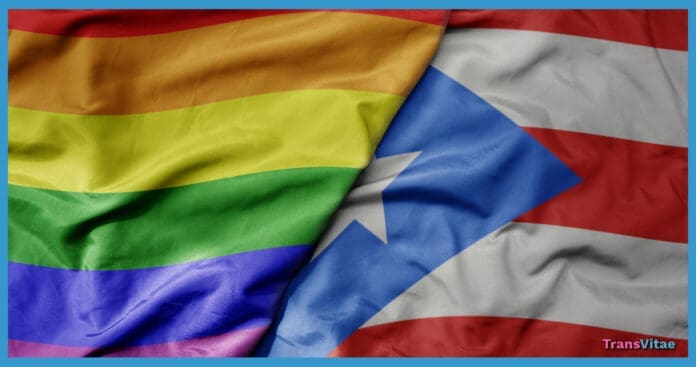In a move widely condemned by medical professionals and LGBTQ+ advocates, Puerto Rico has enacted a sweeping new law that bans all gender-affirming medical care for transgender individuals under the age of 21, making it one of the strictest laws of its kind in the United States or its territories.
Signed by Governor Pedro Pierluisi and approved late Wednesday, the law prohibits the use of hormone therapy, puberty blockers, and gender-affirming surgeries for anyone under 21. Violators, including doctors, nurses, and other licensed medical professionals, face up to 15 years in prison, a $50,000 fine, and revocation of their licenses and permits. The law also bars the use of public funds to support any such care.
The bill claims its purpose is to protect “minors” from irreversible decisions made before reaching emotional and cognitive maturity. However, critics were quick to note a glaring contradiction: 18-year-olds in Puerto Rico can legally join the military, vote in elections, and be tried as adults in court but are now deemed too young to make decisions about their own health and gender identity.
“This isn’t about protecting youth,” said a trans community organizer in Bayamón. “It’s about control. If you’re old enough to carry a rifle for your country, you’re old enough to decide who you are and how to care for your body.”
The law’s passage has sent shockwaves through Puerto Rico’s transgender community, with young people and their families now forced to choose between staying on the island without access to care or leaving their home in search of basic medical treatment.
Health experts have also sounded the alarm. Gender-affirming care, including puberty blockers and hormone therapy, is endorsed by every major U.S. medical organization, including the American Medical Association, the American Academy of Pediatrics, and the Endocrine Society, as safe, effective, and often lifesaving. Studies show such care dramatically reduces depression, anxiety, and suicidal ideation among transgender youth.
“Criminalizing doctors for following established medical guidelines will have a chilling effect on care across the board,” said Dr. Marisol Vélez, a Puerto Rican endocrinologist. “This law will drive healthcare providers away, leaving everyone, trans and cis alike, more vulnerable.”
Puerto Rico’s LGBTQ+ advocacy groups have vowed to fight the law in court and are urging families not to lose hope. In the meantime, grassroots organizations are working to create support networks, provide accurate information, and assist those seeking out-of-territory care.
“This is a cruel and unnecessary law that will cause real harm,” said Daniel Santiago of the True Self Foundation. “But we will continue to show up, speak out, and take care of each other. They may have passed this law, but they will not erase us.”


